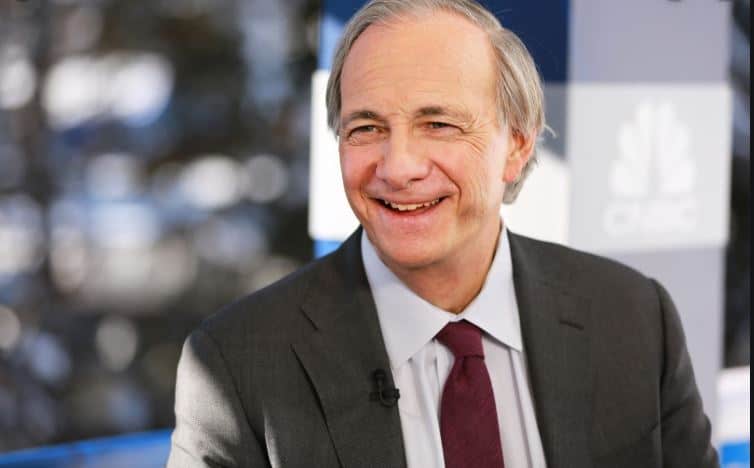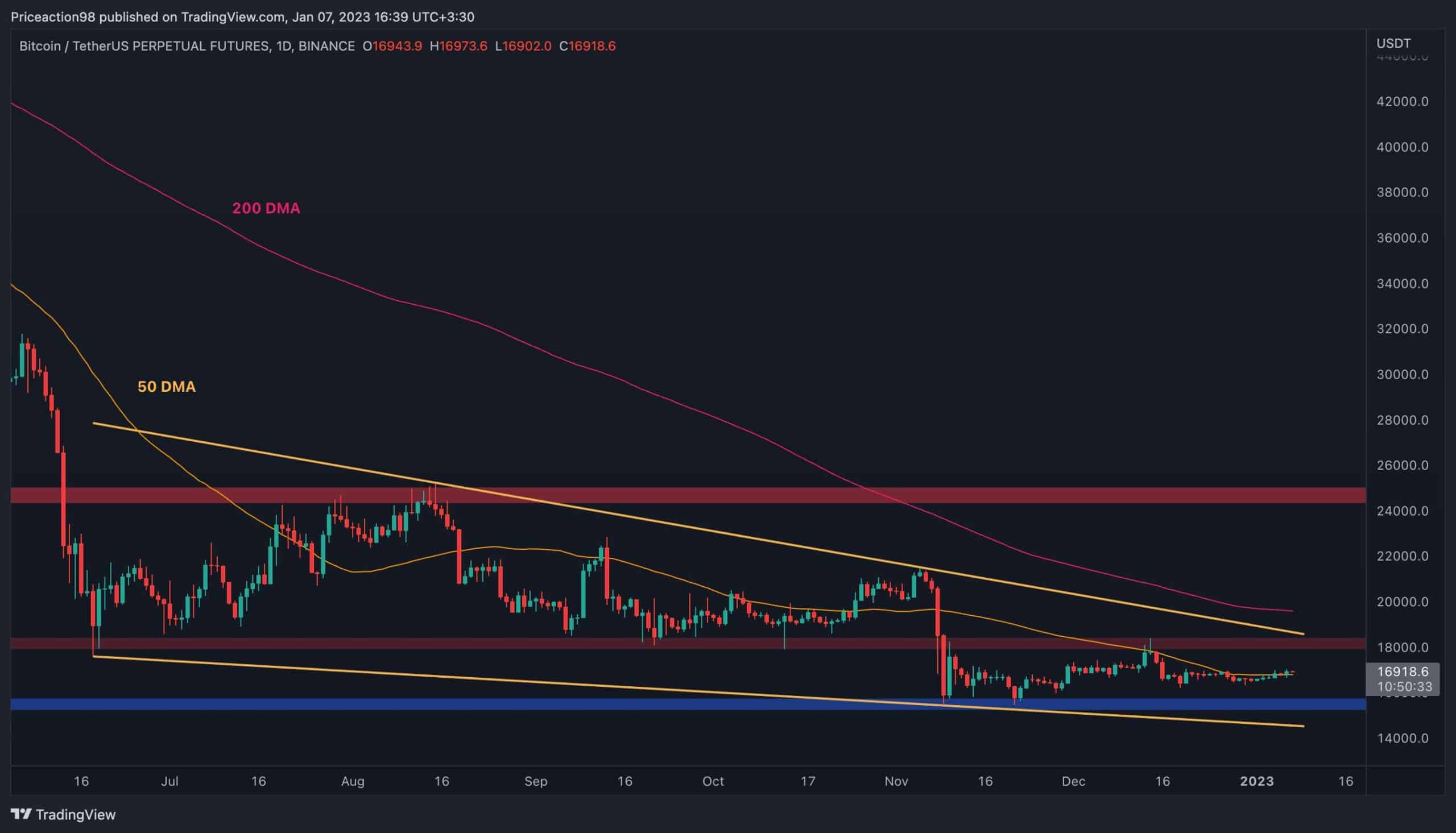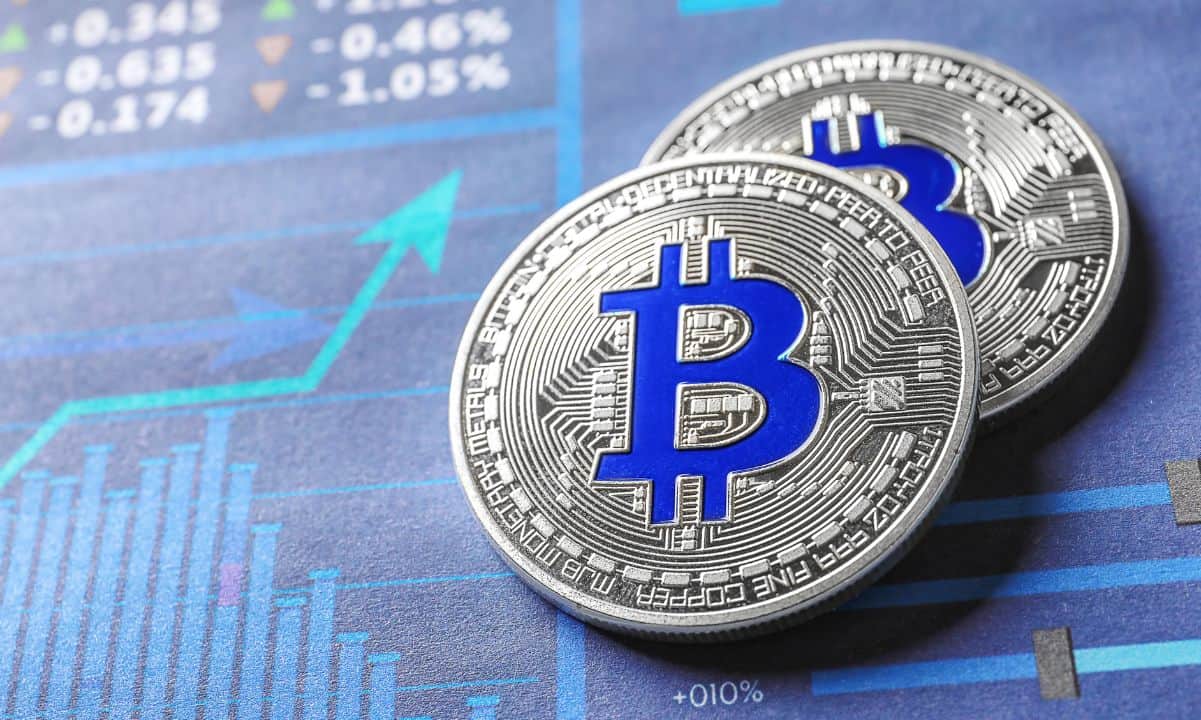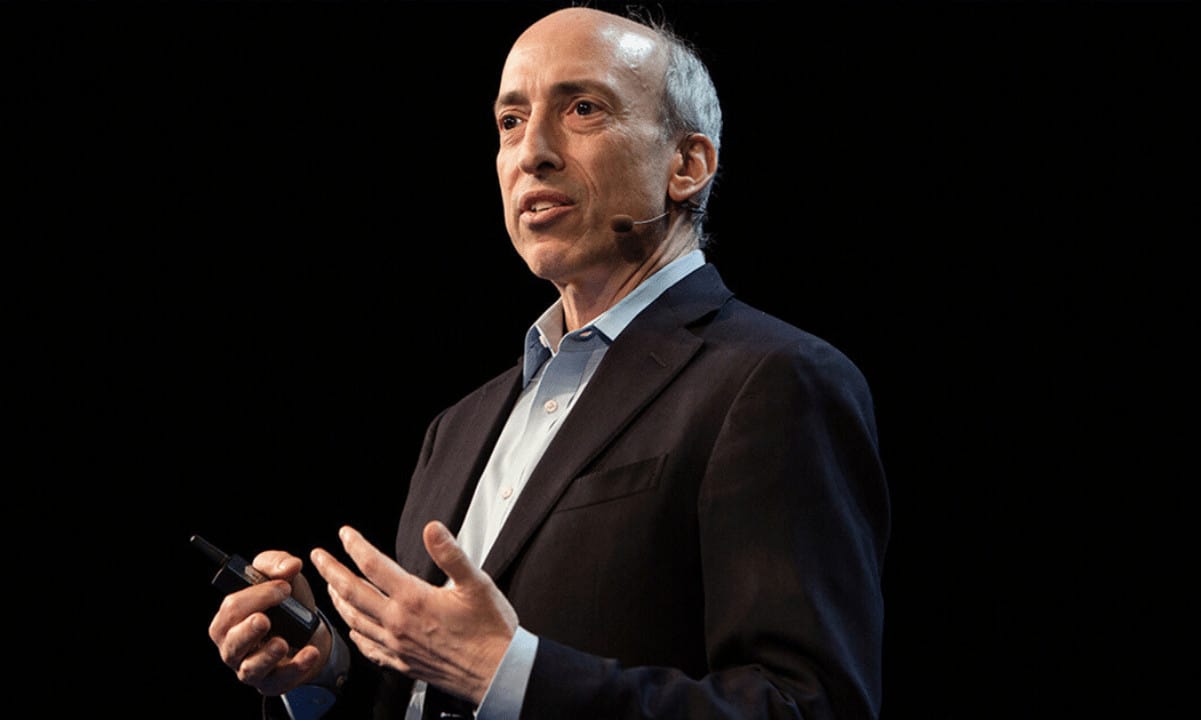Billionaire Investor Ray Dalio: Crypto Gets Too Much Attention
Amid surging interest in cryptocurrencies, the legendary American investor and founder of the investment management firm Bridgewater Associates, Ray Dalio, opined that the crypto industry is receiving way too much attention.
Too Much Attention on Crypto
During his latest interview on “The David Rubenstein Show: Peer-to-Peer Conversations,” Dalio claimed that he has only a “tiny” amount of crypto in his investment portfolio.
Recall that earlier in May 2021, the billionaire investor confirmed that he owns bitcoin following several inflationary concerns and monetary policy stances undertaken by the US government.
Dalio pointed out, then, that he believes Bitcoin will prove to be a better hedge against the devastating consequences of inflation than government bonds.
The hedge fund manager noted that it is pointless to hold cash as real interest rates continue to turn on the negative side, with investors expecting annual returns of 4%.
In a previous interview, Dalio stated that it would be reasonable for every investor to allocate up to 2% of their portfolios in Bitcoin.

Bitcoin Has Proven Itself
Dalio has not always been a Bitcoin proponent. In fact, he was one of the biggest crypto critics, blasting digital currencies for their extreme volatility and even calling Bitcoin a massive bubble.
However, he recently softened his stance on cryptocurrencies and invested in the primary digital asset. Earlier in December 2021, Dalio stated that Bitcoin had proven itself.
“It has proven itself. It has not been hacked, it has operated in an amazing way over that 11 years to be probably the most exciting topic among a lot of people. It has been used and is now obtained the status of having imputed value.”
Still, despite praising Bitcoin’s success story, the legendary investor predicted that its success could also be its downfall as governments might try to “kill” it.
Dalio revealed that if Bitcoin’s mainstream adoption continues at the breakneck pace, it is currently going, regulators and government will stop it because they “have ways of killing it.”









